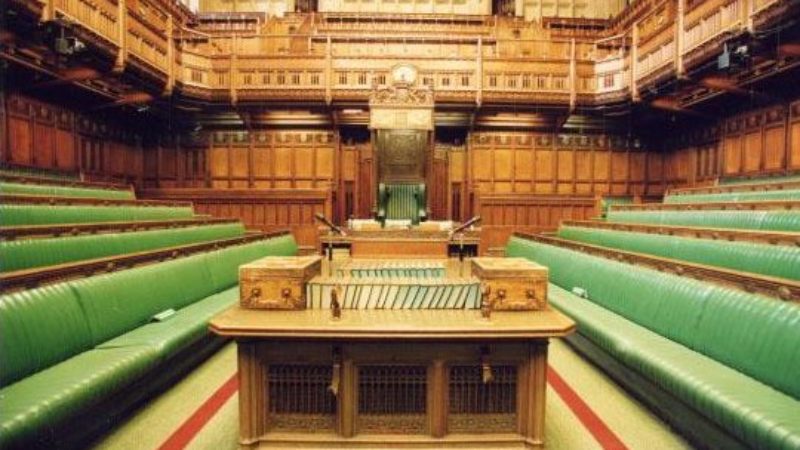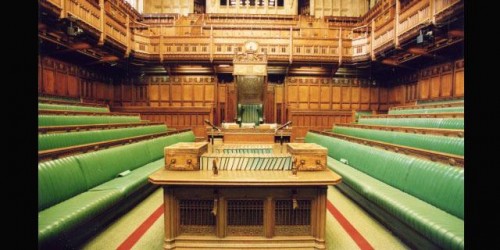
Bismarck said “diplomacy is the art of the possible”. The “possible” exists at the interface between what we should do and what could do. Politicians are not disembodied, disinterested actors. They can and should shape the “possible”. Miliband, Cameron and Clegg are showing the leadership needed. The recall of Parliament tomorrow gives MPs an opportunity to do likewise.
The following counter-factual, or counter-“possible” might help them consider the dilemma of whether Britain should support airstrikes: what would the response be of a government of either party that enjoyed a comfortable working majority following a recently fought election? Such a government would support our action in both Iraq and Syria as necessary and justified on the following grounds.
First, moral: due to the terrorists’ barbaric, genocidal acts which have violated UN-mandated human rights, caused a humanitarian catastrophe and continue to threaten hundreds of thousands.
Second, legal: given the Genocide Convention, which we have signed and whose terms compel us to “punish and protect”, and given both the request for support of the Iraqi government and the illegitimacy of the Assad regime. President Obama, who has done all in his power to avoid intervening, hasn’t regarded a Security Council resolution as a precondition for action.
Third, practical: it can be clearly demonstrated that airstrikes can help contain the terrorists and over time, as shown in Kurdistan following the No Fly Zone, allow civilian populations to flourish.
Fourth, national interest: given the threat posed from returning jihadis, and the clear danger posed to other states of terrorist safe havens being allowed to persist.
Finally, strategic interest: as a Permanent Member of the Security Council, a leading European power and given our desire to maintain our status as America’s closest ally, we would wish to be part of countering perhaps the biggest threat to the region and the world.
However, the context today is that of next May’s election in which the victor may at best win a slim majority. Many MPs are haunted by the ghosts of last summer’s Syria vote and of the 2003 invasion of Iraq, and face electors who are at best ambivalent towards intervention. Despite mood music suggesting those MPs who were sceptical last year are now supportive, the Commons may yet reject further military entanglement. This would be a mistake of tragic proportions, most notably for the victims of terrorists, for regional and global security and for our influence in the world.
The best artists of “the possible”, the best leaders, choose not to be wholly defined by the context in which they operate. It takes guts and is risky, but sometimes only by acting can such leaders define “the possible” and change the context. John Major helped Kurdistan remove the yoke of Saddam Hussein’s genocide with the 1991 No Fly Zone and Tony Blair protected Muslims in Bosnia and Kosovo.
The recall may be a case study in the eternal politicians’ dilemma of having to choose between doing the right thing and doing what is what is politically expedient and easy. Each MP must show leadership, and vote to do what is moral, legal, practical and in our immediate and long-term interest. Britain must join its allies in launching airstrikes.
John Slinger is a strategic communications consultant.





More from LabourList
Economic stability for an uncertain world: Spring Statement 2026
‘Biggest investment programme in our history’: Welsh Labour commit to NHS revamp if successful in Senedd elections
James Frith and Sharon Hodgson promoted as government ministers